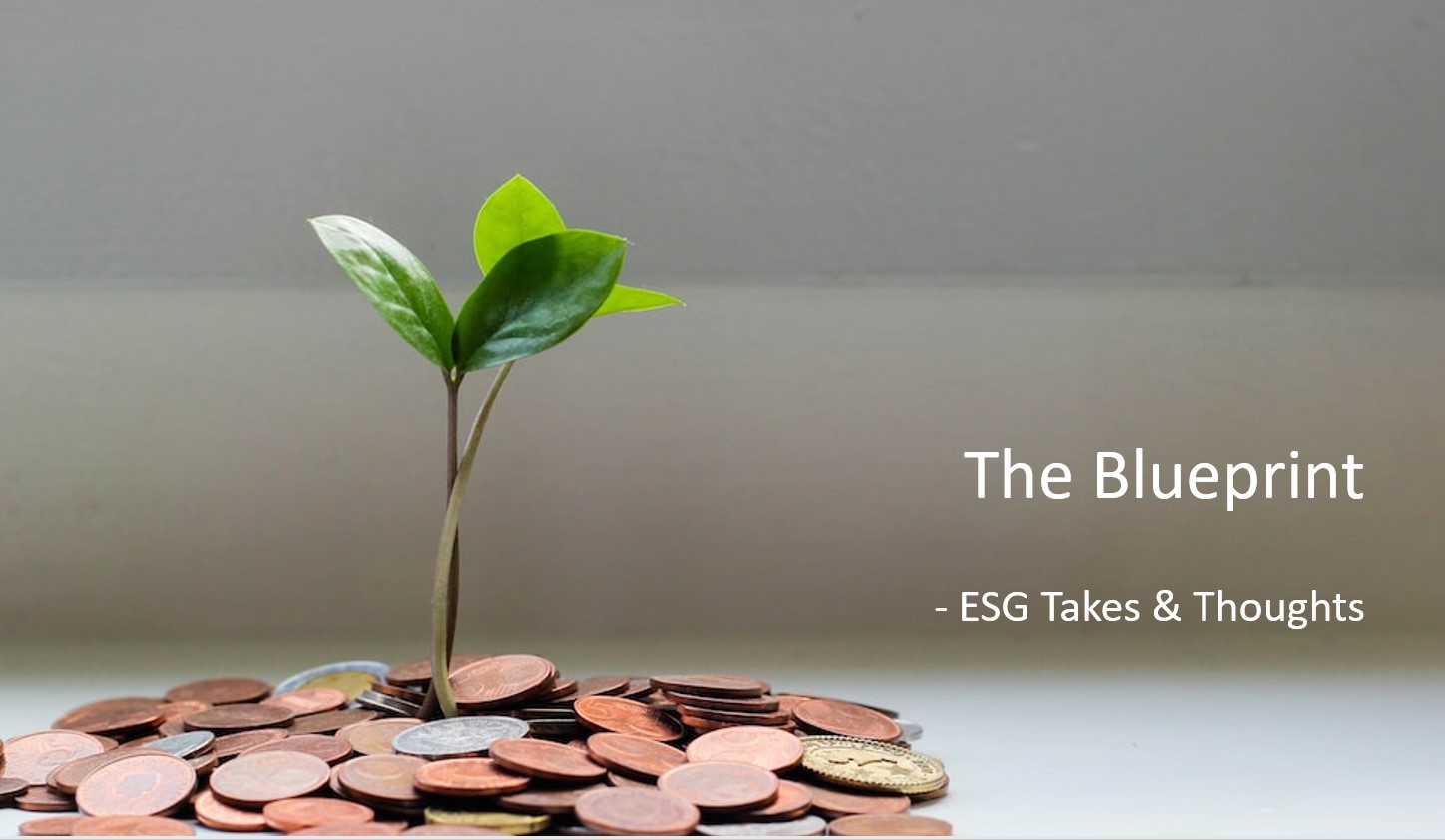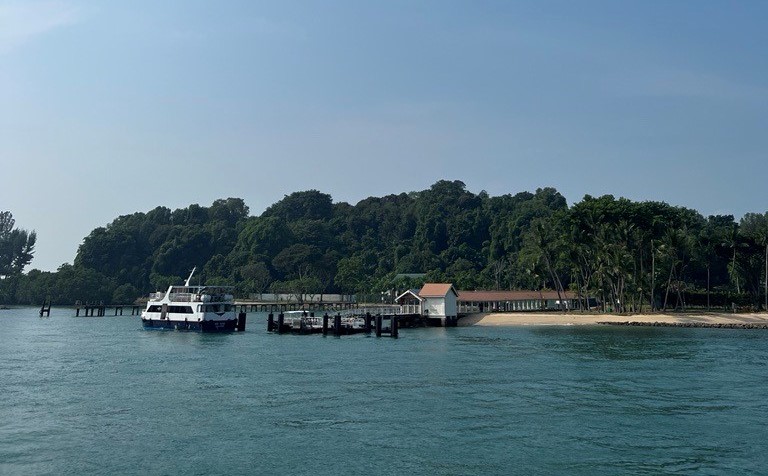
MPAs: The first line of defense for biodiversity
- Marine Protected Areas (MPAs) protect sections of the ocean from threats like climate change, pollution, and overfishing
- Protecting reefs and coastlines also means preserving spaces that inextricably link social, ecological, and biophysical systems
As a beacon for the conservation of biodiversity, MPAs serve as a signal that protection comes first before minimisation, restoration or offsets.

Photo source: Phillip Capital Management
The ocean supports life by providing regulatory ecosystem services like water filtration to maintain water quality. At the same time, it is rich in valuable resources that the seafood industry needs. Coastal and marine areas support other benefits for society, including tourism, cultural wellbeing and boating – contributing to the well-being, mental health, and quality of life for local communities and visitors.
International cooperation via the UN High Seas Treaty will facilitate more MPAs to be created in remote areas. At the national level, MPAs help to manage and preserve natural heritage, cultural significance, and rich marine life. In determining boundary locations, the open nature of marine ecosystems needs to be considered. For instance, crowded sea space adjacent to key ports along the East Coast of America – essential for receiving freight from Europe – could put increasing pressure on biodiversity as cargo traffic increases. Setting aside buffer zones and leveraging zoning strategies with different levels of protection can help to protect critical habitats within a wider MPA.
Protecting reefs and coastlines also means preserving spaces that inextricably link social, ecological, and biophysical systems – biological and material features of the landscape that encapsulate knowledge, practices, and values that reflect our communities today. Communities that support marine protected areas have a responsibility to call for more holistic and ambitious ocean protection, especially in the face of the triple planetary crisis. The fundamental need to care first for nature and humanity is common sense.
Pushing forward national action
Governments can also facilitate transformation. Under new leadership, Singapore is advancing the Singapore Green Plan 2030. The Ministry of National Development has made progress on land as it continues to expand the local nature park network. In 2014, the National Parks Board established the Sisters’ Islands Marine Park to strengthen the conservation of coral reefs and marine life. With the proposed addition of a second Marine Park last week, there is an opportunity to further protect Singapore’s native marine biodiversity and natural heritage.
The Singapore Green Plan and the designation of marine parks such as the Sisters’ Islands Marine Park present substantial benefits for the economy and businesses. By supporting MPAs and increasing environmental awareness, these lay a foundation for sustainable development and investment opportunities. For instance, Singtel will develop a 5-G powered “marine classroom” – connecting communities with the rich marine life in the Southern Islands. Singtel and ONE both made S$1 million contributions which will support enhancement works in the marine park. This includes developing a tidal pool and creating a forest trail. How then can we move forward from this awareness and understanding of a company’s externalities to making positive impacts for the environment we all depend on?
Looking forward
MPAs safeguard key habitats, maintain ecosystem resilience, and help to prevent damage before it occurs. Our ESG Research Objective 2 (Mitigating Negative Externalities) helps us to pick companies that respect the use of natural environments. We reinforce actions to protect ecosystems and the services they provide. This is why our ESG analysis prioritises companies that implement sustainable practices that enhance environmental and business outcomes. Not only does this strengthen positive impacts on society and the environment, it also ensures the long-term stability and profitability of the firms we invest in.
Important Information
This material is provided by Phillip Capital Management (S) Ltd (“PCM”) for general information only and does not constitute a recommendation, an offer to sell, or a solicitation of any offer to invest in any of the exchange-traded fund (“ETF”) or the unit trust (“Products”) mentioned herein. It does not have any regard to your specific investment objectives, financial situation and any of your particular needs.
The information provided herein may be obtained or compiled from public and/or third party sources that PCM has no reason to believe are unreliable. Any opinion or view herein is an expression of belief of the individual author or the indicated source (as applicable) only. PCM makes no representation or warranty that such information is accurate, complete, verified or should be relied upon as such. The information does not constitute, and should not be used as a substitute for tax, legal or investment advice.
The information herein are not for any person in any jurisdiction or country where such distribution or availability for use would contravene any applicable law or regulation or would subject PCM to any registration or licensing requirement in such jurisdiction or country. The Products is not offered to U.S. Persons. PhillipCapital Group of Companies, including PCM, their affiliates and/or their officers, directors and/or employees may own or have positions in the Products. This advertisement has not been reviewed by the Monetary Authority of Singapore.
